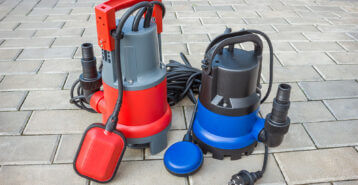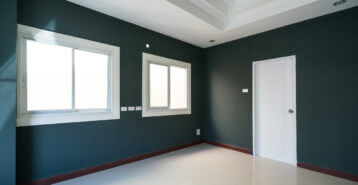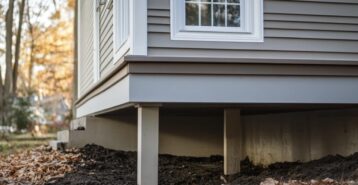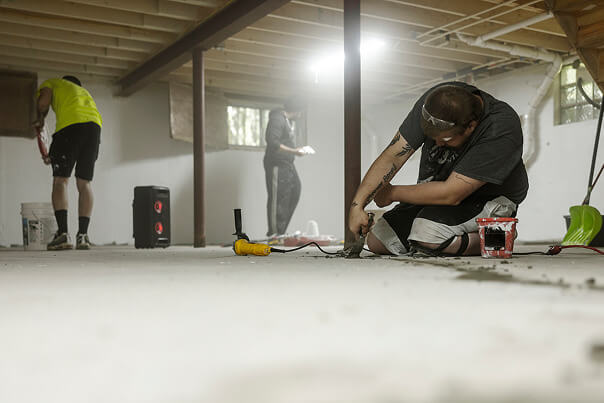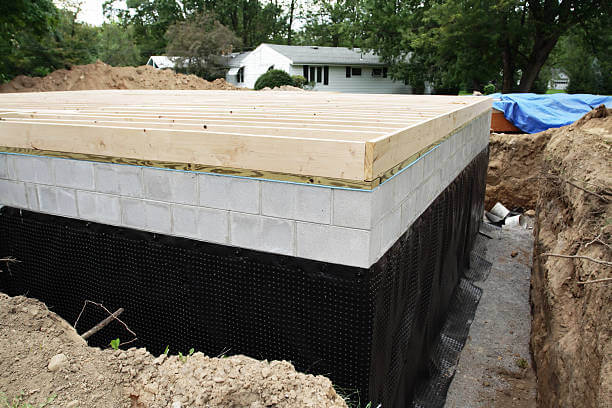How Much Does Basement Waterproofing Cost In 2026?
Basement waterproofing costs vary widely, but most homeowners spend about $5,000.
Key cost ranges in 2026:
- Typical range: $1,500 – $7,000
- Low end: $500 for minor sealing
- High end: $20,000+ for excavation or major drainage
- National average: $5,000
*Prices reflect 2026 national averages, industry databases, and verified homeowner quotes; your cost may vary by location and project details.
By method:
- Interior solutions (sealants, French drains, sump pumps) are more affordable.
- Exterior methods (grading, exterior drains, excavation) cost more but provide longer-term protection.
Even small leaks can cause mold and foundation damage, which is why many homeowners view waterproofing as a long-term investment rather than just another repair bill.
What Is Basement Waterproofing?
Basement waterproofing is the process of keeping water out of your basement or crawl space. It can also include steps to manage moisture that has already entered.
Most waterproofing solutions fall into two categories:
- Sealing: Applying coatings or injections that block water entry points, such as cracks or porous concrete.
- Drainage: Installing systems that redirect water away from your foundation, either inside the basement or outside in the yard.
Many homes use a combination of sealing and drainage for the best long-term protection.
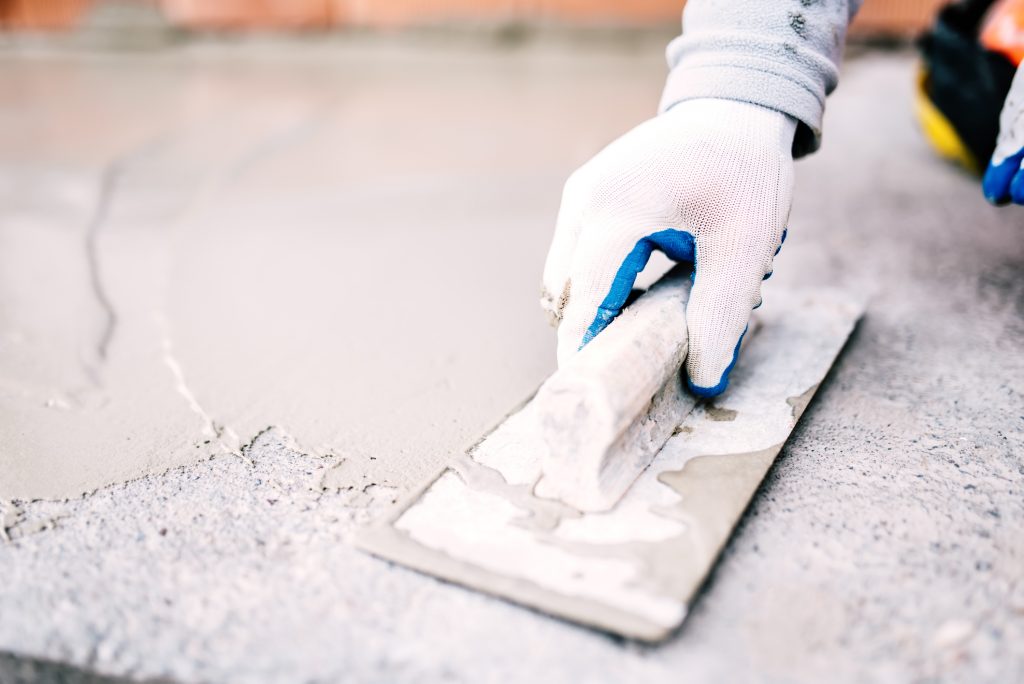
Why Does Basement Waterproofing Matter?
Basement waterproofing does more than keep your space dry — it protects your home’s structure, belongings, and health.
Key benefits include:
- Preventing structural damage: Water seepage weakens foundations and causes cracks.
- Protecting valuables: Even small leaks can damage furniture, electronics, and stored items.
- Safeguarding health: Damp basements create ideal conditions for mold and allergens.
For most homeowners, waterproofing is less about comfort and more about protecting against costly long-term damage.
How Much Does Basement Waterproofing Cost by Method?
Basement waterproofing typically costs $500 to $20,000+, with most homeowners paying around $5,000. Prices vary by method:
Common Interior Solutions:
- Sealants: $2 to $7 per square foot, depending on the material.
- French drains: $70 to $100 per linear foot inside the perimeter.
- Sump pumps: $5,000 to $16,000 with installation.
➤ Learn more in our guide to interior basement waterproofing.
Common Exterior Solutions:
- French drains: $8,000 to $15,000 for a full property, or about $25 per linear foot.
- Grading and landscaping: $1,000 to $7,000 to slope soil away from the foundation.
- Exterior sump pumps: Installed in low spots outside to move water away from the foundation.
Major excavation projects are the most expensive and can exceed $20,000.
➤ Learn more in our guide to exterior basement waterproofing.
What Factors Affect Basement Waterproofing Costs?
Several factors influence your final cost. The biggest include:
- Basement size: Contractors typically charge $3.50 to $8 per square foot.
- Method of waterproofing: Sealants cost far less than installing drainage or excavation systems — learn more in our guide to waterproofing methods.
- Severity of the problem: Fixing a damp corner is cheaper than repairing flooding or structural damage.
- Location and climate: Labor rates and weather risks vary nationwide. Storm-prone regions often require more complex solutions.
Other Costs to Keep in Mind
Beyond waterproofing itself, you may need to budget for related expenses:
- Permits and inspections: Some municipalities require permits, costing up to $500.
- Mold remediation: If mold is found, removal can cost $4,000+ — see our mold remediation cost guide.
- Structural repairs: Repairing foundation damage can exceed waterproofing costs — see our foundation repair cost guide.
What Causes Basement Water Problems?
Basement water issues often result from natural forces, poor drainage, or aging foundations. Common causes include:
- Poor Drainage: Improper yard grading, clogged gutters, or low-lying lots allow water to pool and seep inside.
- Hydrostatic Pressure: Saturated soil creates pressure against basement walls, which can crack concrete or masonry.
- Foundation Cracks: Small cracks form as houses settle or concrete shrinks, quickly becoming water entry points.
- Storm Water: Heavy rain, snowmelt, or hurricanes can overwhelm even well-designed drainage systems.

Should You Waterproof a Basement Yourself or Hire a Pro?
DIY basement waterproofing may help for small damp spots using sealants or waterproof paint, but it won’t solve bigger problems like drainage or foundation cracks.
Professional waterproofing costs more but comes with warranties, expert installation, and long-lasting solutions. Local contractors also know how to spot hidden issues DIY may miss.
» See our top picks for the best basement waterproofing companies and best sump pump brands.
How Can You Save Money on Basement Waterproofing?
Waterproofing can be expensive, but these tips help reduce costs:
- Maintain your home: Clean gutters, check grading, and address small leaks quickly.
- Act fast: The sooner you fix water issues, the less extensive and costly repairs will be.
- Compare quotes: Get multiple estimates, and ask about financing to spread out costs.
*Our basement waterproofing cost estimates are based on 2026 national pricing data, industry cost databases, competitor benchmarks, and verified homeowner quotes from across the U.S. All figures represent typical averages; your final price may vary depending on your location, basement size, water intrusion severity, soil conditions, and the repair methods used. For the most accurate estimate, we recommend comparing quotes from multiple licensed local contractors.
Compare top-rated foundations pros in your area.
Read real homeowner reviews, explore qualifications, and view promotions. Modernize makes it easy to browse professionals and find one that will be perfect for your project.



